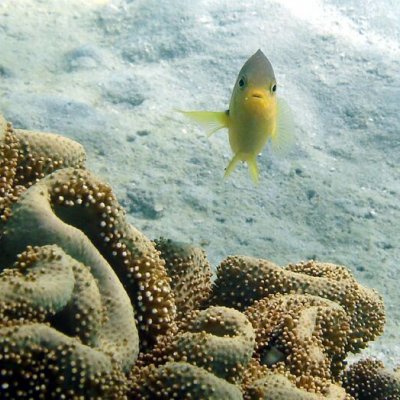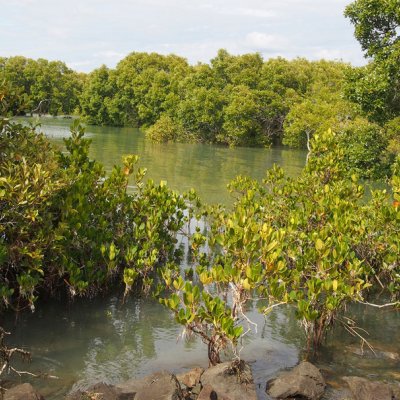Female sapphire miners in Madagascar are among the nation’s hardest workers and poorest people, but their future is looking brighter, thanks to University of Queensland research.
4 December 2018Predators have been identified as the shaping force behind mutually beneficial relationships between species such as clown fish and anemones, or bees and flowers.
28 November 2018Bosses with exorbitant pay packets are seen as less effective leaders than their counterparts on lower incomes, and less able to influence those they seek to lead, according to University of Queensland research.
23 October 2018Claims that medical cannabis use has reduced opioid overdose deaths in the United States have been challenged by a University of Queensland drug abuse expert.
23 February 2018The editors and publishers of the journal Brain Injury have retracted an academic paper following advice from The University of Queensland.
2 November 2017It’s said to be a “lightbulb” moment – when an idea pops into your head. The adult human brain often displays this kind of spontaneous activity – and UQ experts have uncovered how different early-life experiences can affect the nature of that...
4 August 2017Australia’s food-centric culture – illustrated by the popularity of dining out, healthy eating and television cooking shows – will benefit from a new $1 million facility at The University of Queensland.
9 February 2017An international study led by University of Queensland researchers seeks to understand how white and tiger shark populations have changed over time.
21 December 2016Reef fish are helping a University of Queensland scientist discover how visual tasks such as object recognition and face perception are achieved by the human brain.
9 December 2015Mangrove forests around the Indo-Pacific region could be submerged by 2070, according to international research published today.
15 October 2015- ‹ previous
- 2 of 2







